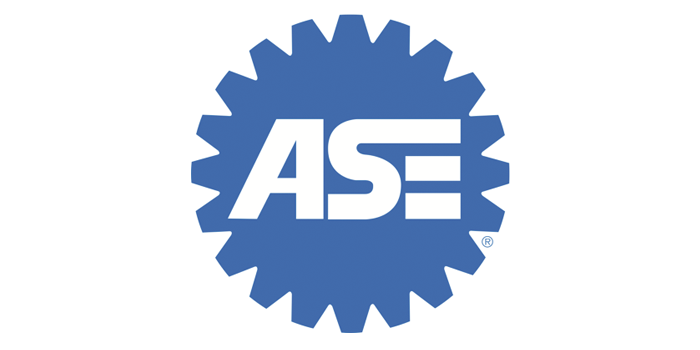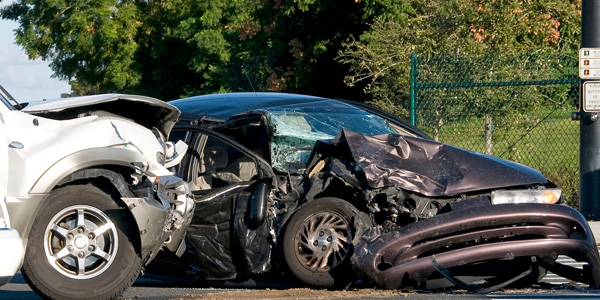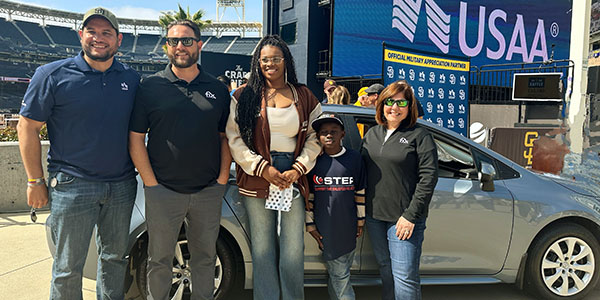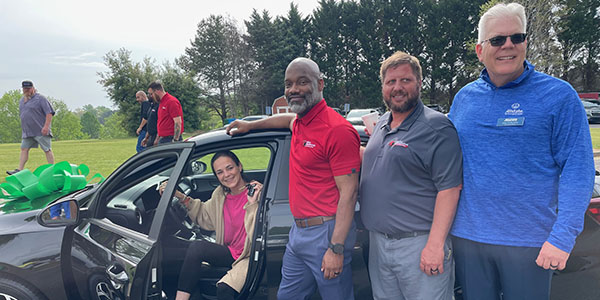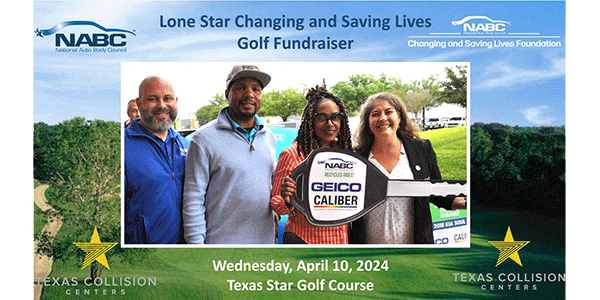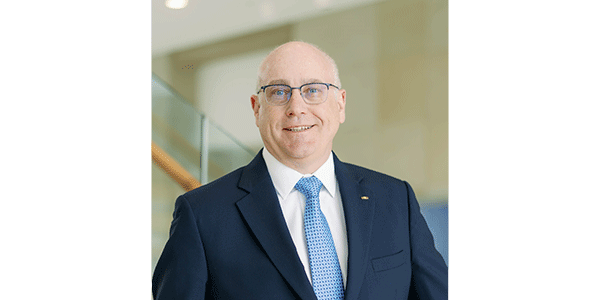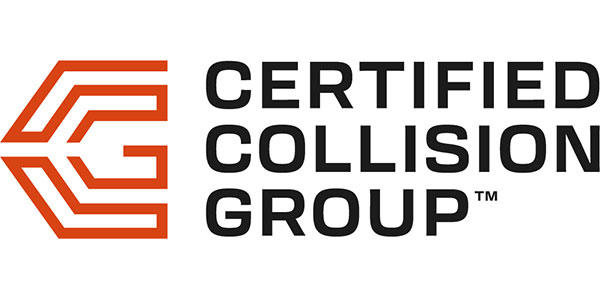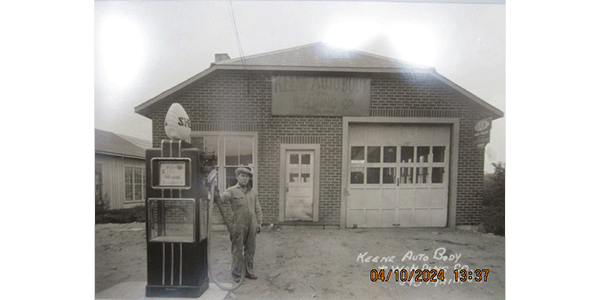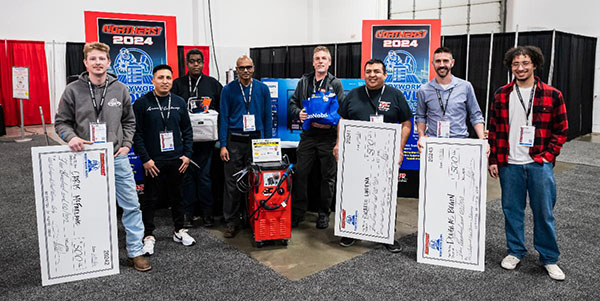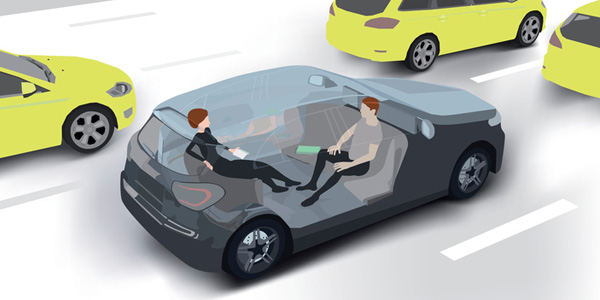
Beginning in April, California will allow testing of fully autonomous vehicles in the state.
In February, the California Department of Motor Vehicles (DMV) announced that the Office of Administrative Law approved regulations governing the driverless testing and public use of autonomous vehicles on California roads. Prior to these rules, autonomous vehicles only could be tested in California with an approved driver.
“This is a major step forward for autonomous technology in California,” DMV Director Jean Shiomoto said. “Safety is our top concern and we are ready to begin working with manufacturers that are prepared to test fully driverless vehicles in California.”
The second set of regulations for autonomous vehicles in California establishes rules for testing autonomous technology without a driver and how manufacturers can allow the public to use self-driving cars. The regulations become effective on April 2, and DMV can begin issuing permits on that date.
The DMV is required to adopt regulations that cover both the testing and deployment of autonomous vehicles. Testing regulations that require a driver behind the steering wheel took effect in September 2014. To date, 50 manufacturers have a permit to test autonomous vehicles with a driver, according to the agency. Manufacturers can continue to apply for a test permit with a driver.
Under the new regulations, vehicle manufacturers must obtain a driverless testing and/or a deployment permit from the DMV and comply with the permit requirements, if they wish to either test an autonomous vehicle without a driver or allow the public to use their autonomous technology.
Requirements for driverless testing include:
- Certify that local authorities, where vehicles will be tested, have been provided written notification.
- Certify the autonomous test vehicle complies with requirements that include a communication link between the vehicle and remote operator, a process to communicate between the vehicle and law enforcement, and an explanation of how the manufacturer will monitor test vehicles.
- Submit a copy of a law enforcement interaction plan.
- Certify the autonomous test vehicle meets all Federal Motor Vehicle Safety Standards (FMVSS) or provide evidence of an exemption from the National Highway Traffic Safety Administration (NHTSA).
- Certify the autonomous test vehicle is capable of operating without the presence of a driver and meets the autonomous technology description of a Level 4 or Level 5 under the Society of Automotive Engineers (SAE) definitions.
- Inform the DMV of the intended operational design domains.
- Maintain a training program for remote operations and certify each operator has completed training.
- Submit an annual disengagement report and submit collision reports to the DMV within 10 days.
Requirements for deployment (public use) include:
- Certify the vehicle is equipped with an autonomous vehicle data recorder, the technology is designed to detect and respond to roadway situations in compliance with California Vehicle Code, and the vehicle complies with all FMVSS or provide evidence of an exemption from NHTSA.
- Certify the vehicle meets current industry standards to help defend against, detect and respond to cyber-attacks, unauthorized intrusions or false vehicle control commands.
- Certify the manufacturer has conducted test and validation methods and is satisfied the vehicle is safe for deployment on public roads.
- Submit a copy of a law enforcement interaction plan.
- If the vehicle does not require a driver, the manufacturer must also certify to other requirements, including a communication link between the vehicle and a remote operator and the ability to display or transfer vehicle owner or operator information in the event of a collision.
The adopted regulations do not include testing and deployment of autonomous trucks and other commercial vehicles, the DMV noted.
“DMV will be collaborating with the California Highway Patrol to begin exploring the unique safety and regulatory considerations associated with these vehicles,” the agency added.
The regulations are available on the autonomous vehicle webpage on the DMV website.

